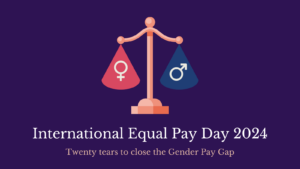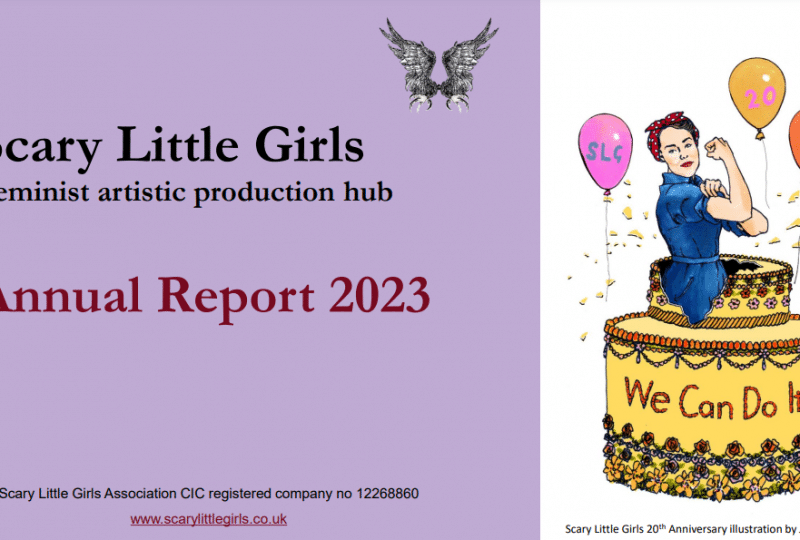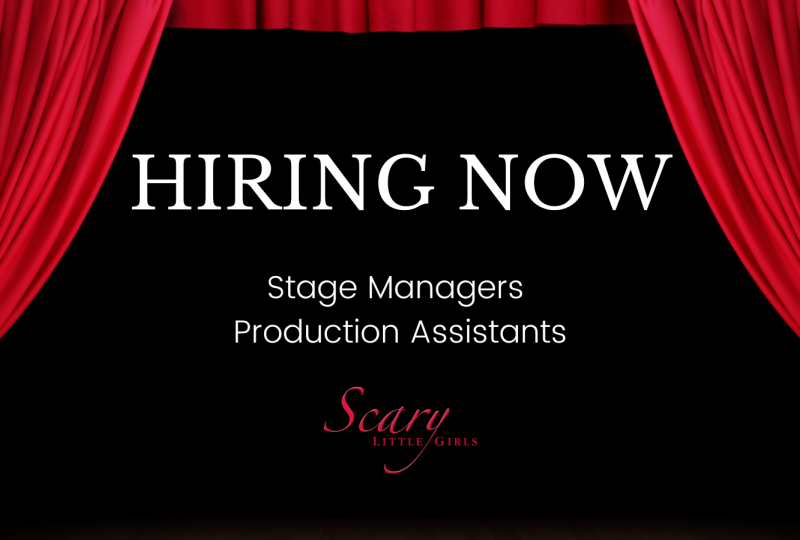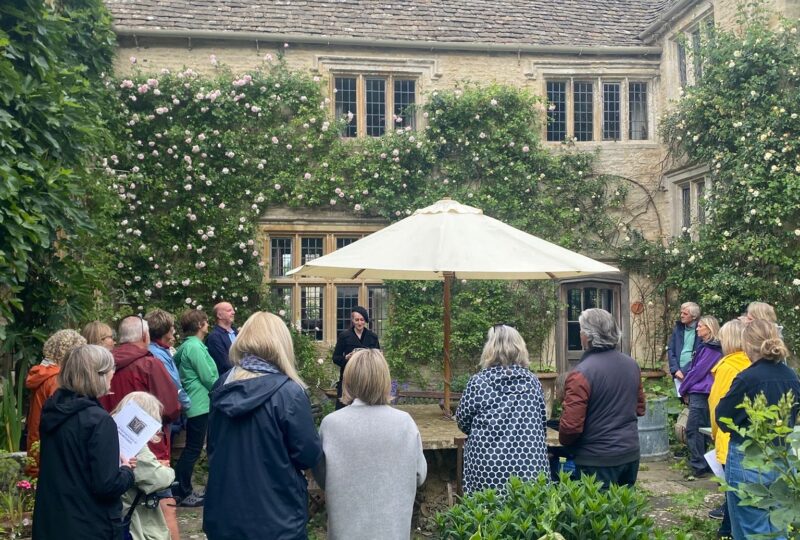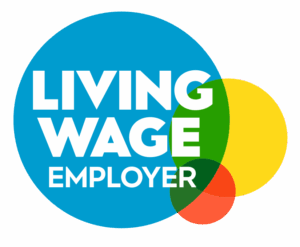International Equal Pay Day is observed annually on 18th September 2024.
It’s a day designated by the United Nations to highlight the yawnsomely *still* ongoing issue of the gender related pay gap. No matter how far we feel we’ve come, the reality is that this gap exists across all industries and regions, with women worldwide earning, on average, 20% less than men. This pay gap is not just an economic disparity – it is a manifestation of deep-rooted patriarchal structures that have undervalued – and continue to undervalue – women’s work and capabilities.
The barriers women face intersect in many ways, and together, they put the brake on real progress towards equality. Women often shoulder more caring responsibilities, meaning that without truly flexible work, women’s potential to advance in the workplace is limited. Despite widespread support for equal pay (in policy and rhetoric if not practice) actual implementation has been slow and inconsistent across different sectors.
Artistic Director Rebecca Mordan wrote to our newly elected MP recently about how this plays out in the creative sector. Women represent only 34% of managers and directors in creative industries. Even when women do rise to leadership roles, such as CEOs or Artistic Directors, they typically receive less financial support than their male counterparts from bodies like the Arts Council. And, tellingly, women in these roles are more than twice as likely as men to need a second job to support their careers in the arts. Which is already tricky to balance, and then we can factor in the extra caring responsibilities so many also carry out. This isn’t just theory – we’ve recently been seeing this in real time as we try to hire. As the cost of living goes up everywhere, it is harder and harder to find working class professional artists – how on earth can they stay in the business? They simply can’t.
The Fawcett Society highlight this issue in the UK by marking Equal Pay Day in November – date TBC annually. This is the day when women effectively stop earning compared to men due to the pay gap – a stark reminder of how much work still remains to be done to achieve pay equity.
We work hard to provide truly flexible work for women. For us, this means things like asking women what they need, and co-creating a working schedule for each project, that works for everyone in that project. We’re proud that, in the last year, we’ve supported over 200 creative arts freelancers across the UK, 98% of whom were women. As a feminist company, we want to demonstrate not only our commitment to promoting female visibility and access to resources, but also the value of ensuring that women have what they need to do good work. Our experience tells us that doing so means – hey! – they do great work!
We hope that one day we won’t need to mark days like this. Until then, we’ll use them to show that things can be done very differently from ‘the norm’.
